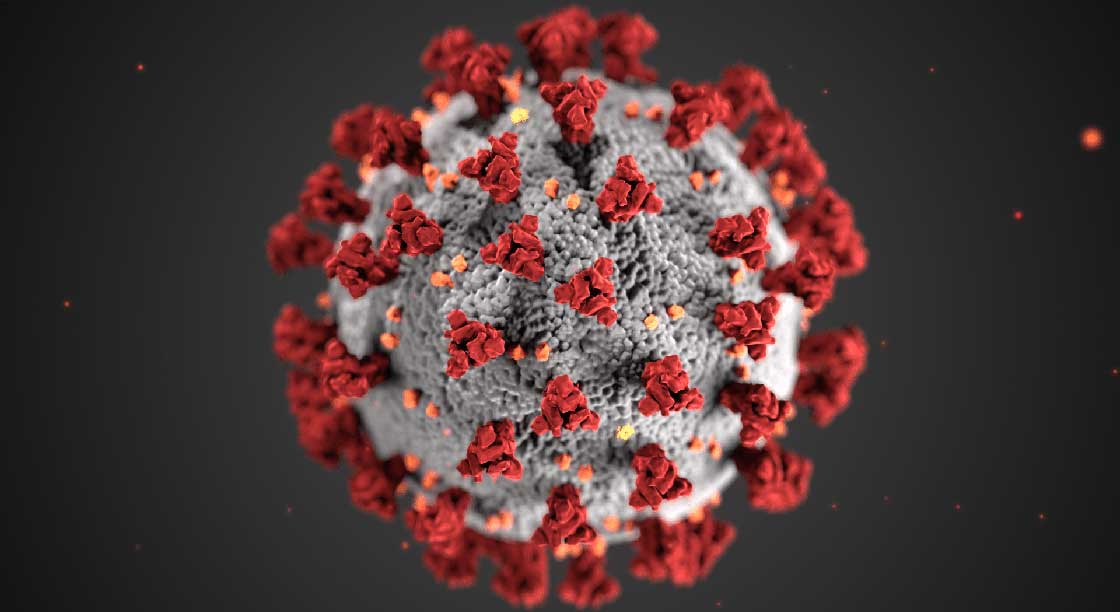Can a pandemic affect intellectual property laws? Apparently, the answer is yes.
From calls to relax IP restrictions around the manufacture of personal protection equipment, testing procedures, and vaccines related to COVID-19, to greater scrutiny of remote work options and the resultant increase in the exposure of proprietary information outside the office, IP rights are a hot topic of discussion right now.
“As governments and industry around the world shift approaches and priorities to first mitigate the impact of the coronavirus and then to resume economic activity, it’s forcing governmental authorities and legal experts to revisit whether IP restrictions can or should be relaxed to help fight the pandemic and deliver patient care, at least for the short-term,” explains Eric Ludwig, ESQ, an experienced, US-based trial lawyer with an extensive background in intellectual property and business litigation around the globe. “Even if the decision is made to weaken enforcement levels in certain areas in the short-term, owners of previously existing patents and of new patents that arise as a result of this crisis have to be wondering how their interests will be impacted longer term.”
Here are a few recent real-world examples:
- The Coronavirus Aid, Relief, and Economic Security (CARES) Act gave the United States Patent and Trademark Office authority to extend statutory deadlines related to IP owners facing filing challenges due to the pandemic. As a result, the USPTO has extended trademark and patent deadlines an additional 30 days for those originally due between March 27 and April 30, 2020.
- More and more employees are working from home remotely, which means during the course of their work they are potentially sharing proprietary information and trade secrets via insecure means such as the Internet, texting, and email, which increases the risk of theft and inadvertent disclosure. Employer-controlled VPNs, increasing employee training and awareness, enacting strict security protocols for accessing and disseminating information, and enhancing software security and monitoring are just some of the ways employers are mitigating the issue.
- The United Kingdom, Germany, Israel, USA, and other countries have all enacted wartime-like powers to ensure they have drugs and medications on hand deemed necessary to fight the pandemic. This includes allowing the import of generic versions of drugs that infringe on patent rights and ordering pharma companies to produce products regardless of the economics and IP rights involved.
- Both commercial and amateur 3D printers are using the technology to manufacture medical equipment and parts more quickly than the time it would take to manufacture and ship those parts using traditional means. For example, Italian doctors have been 3D-printing replacement parts for ventilators, violating patent rights. Thus, questions of IP infringement arise when the parts being replaced are currently protected by patents, as well as when, in the rush to bring new 3D printed products to market to save lives, the designers/manufacturers fail to take the time to secure their IP rights for those new designs.
“Aside from allowing people to work from home to keep businesses open during this crisis and employees collecting paychecks, the main argument for relaxing IP restrictions is the need to move swiftly in order to produce equipment and medicines to save lives, which is a compelling argument, of course,” says Ludwig. “However, it’s well known that the granting of patent rights is one of the chief drivers of invention and innovation, both of which are needed for us to address this challenge successfully. It may be that both governments and patent holders will be best served by speeding the process of granting patents while worrying at a later time about compensation and what it means from an IP sense for pharma and medical equipment manufacturers to share data and transfer technology to fight the pandemic.”
In any case, those with current patents or who anticipate making claims for patents arising from their work during this crisis, need to be paying particular attention to what is going on around the world related to IP rights. “Those seeking patent protection or who are concerned their rights are being infringed upon need to remain vigilant to ensure they are protected sufficiently,” says Ludwig. “One way to do that, of course, is to work with an experienced IP lawyer who can help you navigate this everchanging landscape.”
Protect Your Product. Your Business. Your Dreams.
Contact Eric Ludwig today for a one-hour consultation to discuss whether you need to apply for copyright, patent, and/or trademark protection in the United States.
(619) 929-0873 | consultation@ludwigiplaw.com



